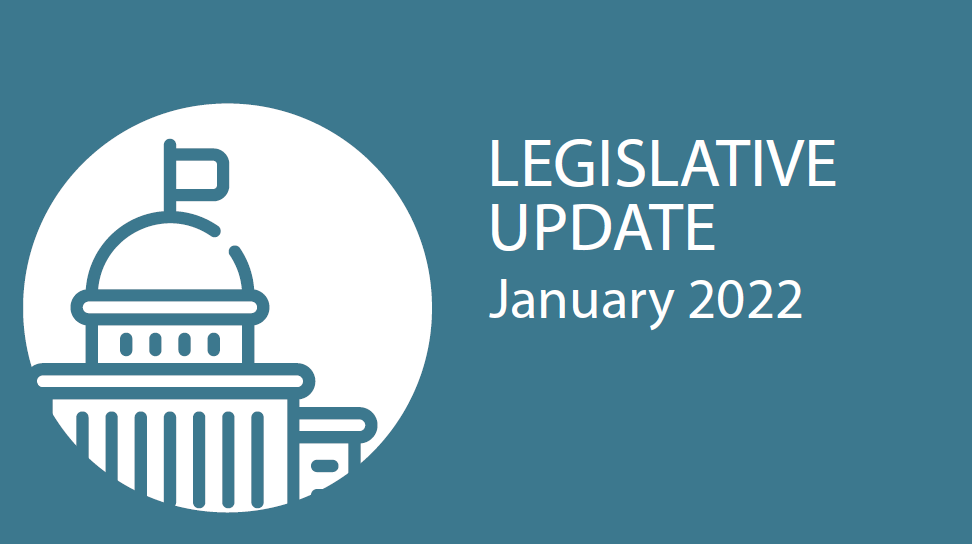This website uses cookies so that we can provide you with the best user experience possible. Cookie information is stored in your browser and performs functions such as recognising you when you return to our website and helping our team to understand which sections of the website you find most interesting and useful.
News
The Senate’s Legislative Schedule Slowly Takes Shape
The Senate had planned to be in recess this week, but Senate Majority Leader Chuck Schumer (D-NY) postponed the recess to continue working on passing voting rights legislation. Progress in the Senate has been slow as the Democrats’ legislative agenda faced setbacks. They have spent two weeks trying to find procedural loopholes, rules changes, and courting support to pass a voting rights bill that was doomed to fail. Debate began Tuesday, with a vote scheduled in the chamber on Wednesday night. Democrats were unable to overcome the filibuster to be able to vote on the final passage of the Freedom to Vote Act and the John R. Lewis Voting Rights Amendment Act with a simple majority vote. When it came time to vote on a rules change on the filibuster, Sens. Joe Manchin (D-WV) and Krysten Sinema (D- AZ) joined Republicans to essentially block the legislation.
The failed vote is another blemish on the president’s record as he reaches his first year mark in office. Immediately before the vote, Biden held a lengthy press conference calling it a “reset” for his administration after failing on a number of key legislative priorities and growing frustration over the division in the party. During the conference, Biden acknowledged that he would be willing to break up the $1.75 trillion Build Back Better (BBB) Act and passing it in “chunks” so something could be tailored to garner the support for Sens. Manchin and Sinema. Administration officials say he could seek to pass the supported measures now, and return to the others later this year.
The details of how Democratic leadership would approach this BBB “Lite” are not yet known, but managing and passing multiple pieces of legislation gets more difficult. The Administration announced earlier this week that it would take out the child tax credit and paid family leave and keep the climate measures. The legislative schedule remains tight and there is a small window of opportunity that starts shutting when trying to pass legislation in an election year. Bipartisan support to assist with passage is highly unlikely and several procedural questions also come into play. We anticipate that the Senate will return from recess after next week to begin work on the new BBB “Lite” through February with ea deadline to pass the package before the President’s State of the Union address scheduled for March 1. Appropriations committee chairs must determine how to extend government spending before the Continuing Resolution (CR) expires on February 18.
Agencies Announce Funding for Plastics R&D and Water Infrastructure Loans
The Department of Energy on Jan. 11 announced $13.4 million in funding for next-generation plastics technologies that reduce energy use and carbon emissions from single-use plastics. The agency selected seven research and development (R&D) projects working to convert plastic films into more valuable materials and develop new plastics that are more recyclable and biodegradable. “By advancing technologies that repurpose single-use plastics and make materials biodegradable, we can hit a trifecta of reduced plastic waste, fewer emissions from the plastics industry, and an influx of clean manufacturing jobs for American workers,” said Secretary of Energy Jennifer Granholm.
On Jan. 19, the Environmental Protection Agency (EPA) announced $688 million in loans from the Water Infrastructure Finance and Innovation Act (WIFIA) loans to improve water infrastructure in the cities of Baltimore, Milwaukee, and the San Francisco Bay Area. The funding, which prioritizes vulnerable communities, will help these cities with stormwater management, water main replacement and flood risk reduction. EPA Administrator Michael Regan said the WIFIA funds unveiled will support the creation of 4,000 construction and operations jobs. In total, Regan said, EPA has invested more than $5 billion through the WIFIA program in the first year under the Biden administration in projects that are expected to generate more than 36,000 jobs.


